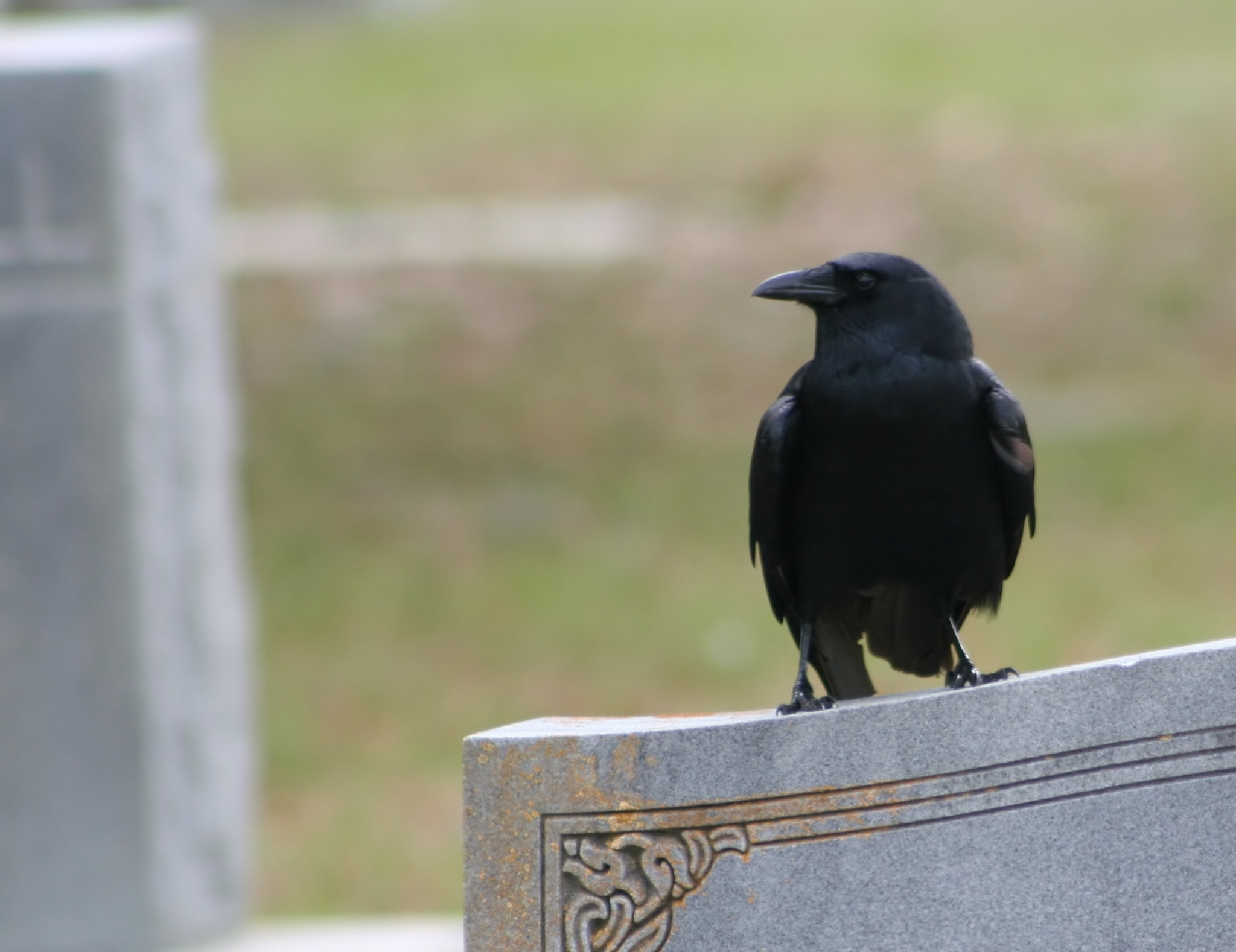Dakota Sexton
In this semi-regular feature, writer Dakota Sexton documents her travels through America’s towns and cities, and the people she meets along the way.
If you are anything like me, you’re liable to make at least one questionable decision near springtime.
Conditions are perfect: seasonal affective disorder took hold months ago; even though it’s still winter, you’ve already started waxing on about going camping—mostly, because reading a copy of Outside magazine in the bathroom is definitely your idea of sexy, leisurely alone time; you also fantasize about swimming and kayaking and picnics and—rather optimistically—catching a glimpse of wildlife in state parks but not hitting them with your car. (That is an illusion. You will hit an animal with you car.)
You also haven’t cared about the weather since mid-October. You rely on an internal temperature gauge near your heart. It has only two settings: “deplorable” and “tolerable.”
But then, one day at the end of January, a different kind of wind blows. Like a tumbleweed, but frozen, to announce that change has come to town. And it demands to be mayor.
That’s my cue to date someone new and sweet and wrong. Or to crack open the Victorian love story collection an older friend’s jealous ex-girlfriend gave me. I’m too ashamed to give it away. I just hold onto it, like a musty, dog-eared memento of an exceptionally weird time in my life. I mean, was she trying to send me a message? Start bottling your tears now or a man will never really love you.
But this year, I make a different decision. I realize I don’t want to live in Pennsylvania anymore. So I announce that I’m quitting my job. I start packing for a road trip. And then for a month I tell everyone to tell everyone else that they know, that I’m leaving, and I’m gonna move back to the Midwest.
Within an hour I’m speeding past Scranton, squarely leaving early-morning commuters and the anthracite-coal valleys of Northeastern Pennsylvania behind.
I focus on the trucks ahead of me. After a couple hours, I am convinced that I am passing the same group of drivers. They could even be national truck driving champions, a competition dating all the way back to 1937 when it was known as the National Truck Roadeo.
Or, as some people unofficially call it, the “Super Bowl of Safety”.
You need to be incident-free for a year to even think of competing. And truckers have to prove themselves first in regional competitions. Ahead of me on I-80, each caravan of truckers are on top of a different load. They probably come from far-away places like South Bend, Indiana and Sioux Falls, South Dakota. But I keep imagining they remain together, a diverse fellowship of the tire rings that pulls into, and out of, rural rest stops at the same time.
And near the highest elevation point on I-80, east of the Mississippi, they do.
At 2,250 feet, skirting the cliffs of the Appalachian mountains, I realize that I have become the slow car. I’ve been passing other cars at 80-85 mph, yet a gray Chrysler sedan repeatedly passes me.
It makes me feel increasingly competitive. It’s been five hours on the road and I don’t have any distractions. Meaning: no radio, no one to tell me to slow down, no one to tell me to not try to compete against a much faster car.
Actually wanting to do that is probably a lot like telling an old man he has to enter a joust. You tell him to put on that damn suit of armor and just ride his horse until he wins or dies. Sensible? Never.
I do it anyway. I am that old man. When the sedan begins to gain speed ahead of me, I push my car into the same lane, and then past the truck driver to the right. “I will pass you gray Chrysler!” I shout. And I do manage it: about seven or eight times. The story I tell myself out loud also slightly evolves each time. “I am the better man!” I shout. “Woman. NO. MAN. MAN!!”
Then the car disappears.
A much bigger issue emerges at a gas pump in a small travel center near Cleveland, well onto the Ohio Turnpike. The gas cap to my tank is sitting on top of my car. I’ve already placed a gas pump in the tank. The pump is beeping at me to just insert my damn credit card already.
But I don’t have it. For some people, Ohio is just one hours-long toll-way and I happen to be on it without a credit card. With limited cash. I panic, just a little. I should have taken a detour off the interstate for coffee, maybe to Youngstown and then found a Western Union. Instead, I make another questionable decision.
I pull back onto the turnpike. I take a deep breath and accelerate a little faster, toward Toledo. I’m going to drive 14 hours on the same damn road all the way to Chicago.
My brother calls me after about an hour, from the city. “Do you need any money?” he asks. I tell him no. He promises to come find me in his girlfriend’s car if I need any cash.
After following truckers across Ohio and Indiana in the dark, I hit the last toll before Chicago with only $15 to spare. The whole toll plaza is lit up by massive bluish-white electronic letters that spell CHICAGO SKYWAY. At least several hundred feet ahead a bridge stretches over the Calumet river, glowing with countless tiny-looking lights.
I keep thinking about that sign as I drive over. It doesn’t confuse travelers with what it’s trying to be. Or give them the wrong idea: that Chicago is a romantic place to visit or that it is in any way, at all, a gentleman.
I’m lulled to sleep one night by listening to the amplified noise of a conductor shouting for everyone to leave at the elevated Clinton L stop. None of the passengers realize that they can’t travel any further east by train. Or at least, this train. So they stay on the platform. Maybe clueless. Or maybe just asleep.
I take matters into my own hands the next day by walking, repeatedly crossing a rust-colored bridge on Lake street on my way toward downtown. It’s a beautiful, old, moveable, mammoth thing that carries pedestrians, cars, and elevated trains on its way over the Chicago river. And it adds considerably to the industrial feeling of the whole neighborhood: big and open and lovely and also emblematic of a modern, efficient era of transportation that bloomed here during the first World War.
If I head in any other direction besides this bridge, I have no choice but to smell chocolate in the air downwind from the Blommer Chocolate Factory. That might sound fun, and yet it’s like an overwhelming perfume: all heady scent and no other signatures or notes in the smell.
Other people, I imagine (with wildly different, discerning noses) might actually love it. Nelson Algren once claimed falling in love with Chicago was like loving a woman with a broken nose: “You may well find lovelier lovelies,” he wrote, “but never a lovely so real”.
I’d have to agree with him. Even if I’ve never actually been in love with a woman.
Dakota Sexton is attracted to half-baked travel plans like a derby pony to an apple. Her writing appears in Paper Darts and the anthology, The Way We Sleep.


